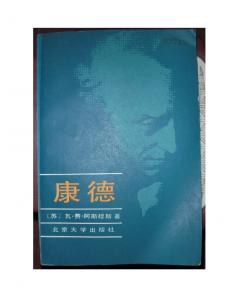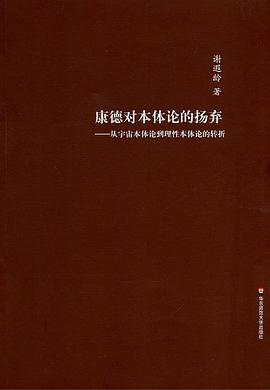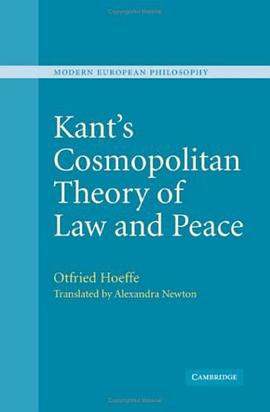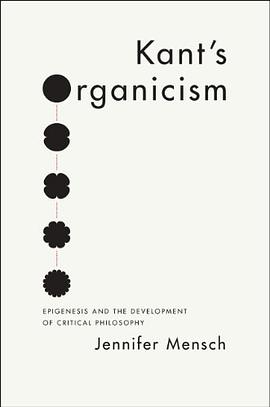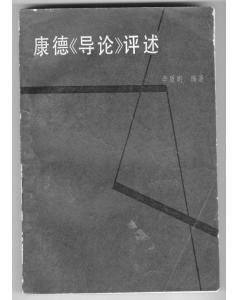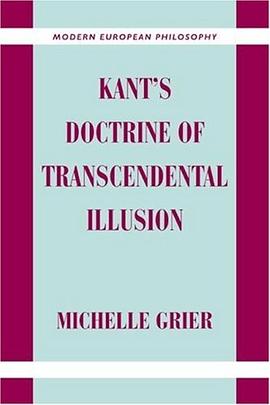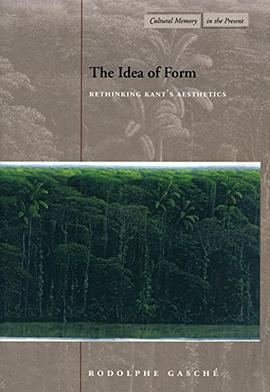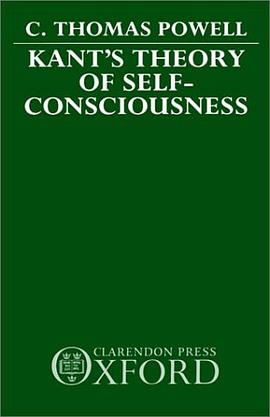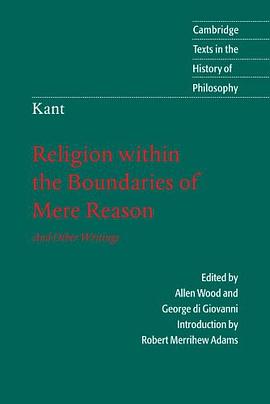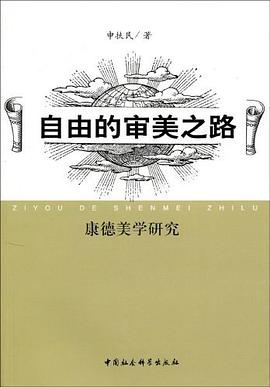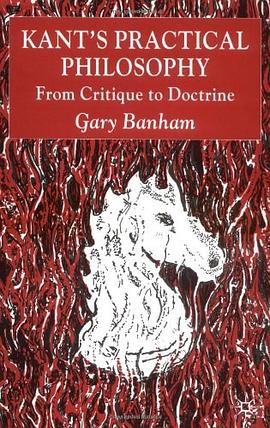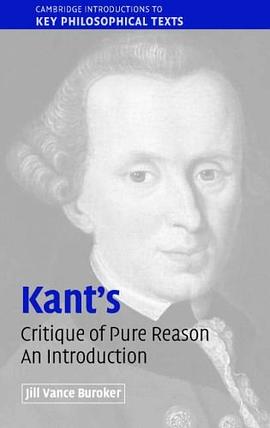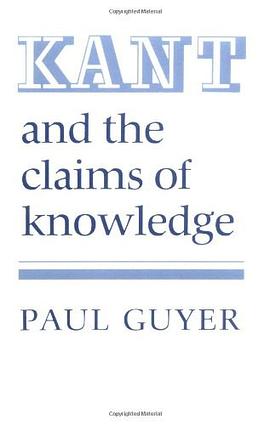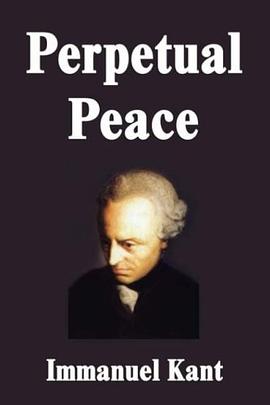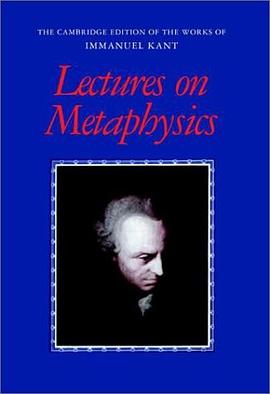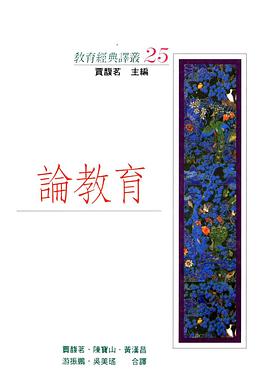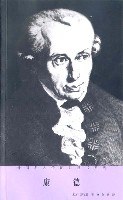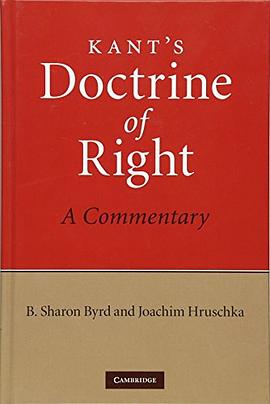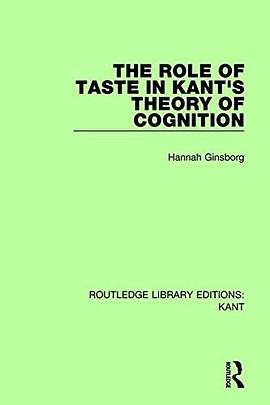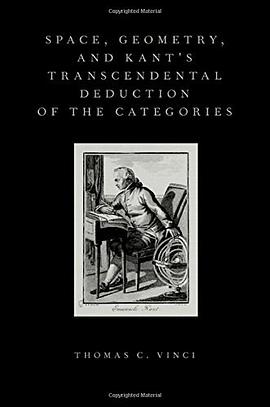
Thomas C. Vinci aims to reveal and assess the structure of Kant's argument in the Critique of Pure Reason called the "Transcendental Deduction of the Categories." At the end of the first part of the Deduction in the B-edition Kant states that his purpose is achieved: to show that all intuitions in general are subject to the categories. On the standard reading, this means that all of our mental representations, including those originating in sense-experience, are structured by conceptualization.
But this reading encounters an exegetical problem: Kant states in the second part of the Deduction that a major part of what remains to be shown is that empirical intuitions are subject to the categories. How can this be if it has already been shown that intuitions in general are subject to the categories? Vinci calls this the Triviality Problem, and he argues that solving it requires denying the standard reading. In its place he proposes that intuitions in general and empirical intuitions constitute disjoint classes and that, while all intuitions for Kant are unified, there are two kinds of unification: logical unification vs. aesthetic unification. Only the former is due to the categories.
A second major theme of the book is that Kant's Idealism comes in two versions-for laws of nature and for objects of empirical intuition-and that demonstrating these versions is the ultimate goal of the Deduction of the Categories and the similarly structured Deduction of the Concepts of Space, respectively. Vinci shows that the Deductions have the argument structure of an inference to the best explanation for correlated domains of explananda, each arrived at by independent applications of Kantian epistemic and geometrical methods
具體描述
讀後感
評分
評分
評分
評分
用戶評價
相關圖書
本站所有內容均為互聯網搜索引擎提供的公開搜索信息,本站不存儲任何數據與內容,任何內容與數據均與本站無關,如有需要請聯繫相關搜索引擎包括但不限於百度,google,bing,sogou 等
© 2025 qciss.net All Rights Reserved. 小哈圖書下載中心 版权所有


